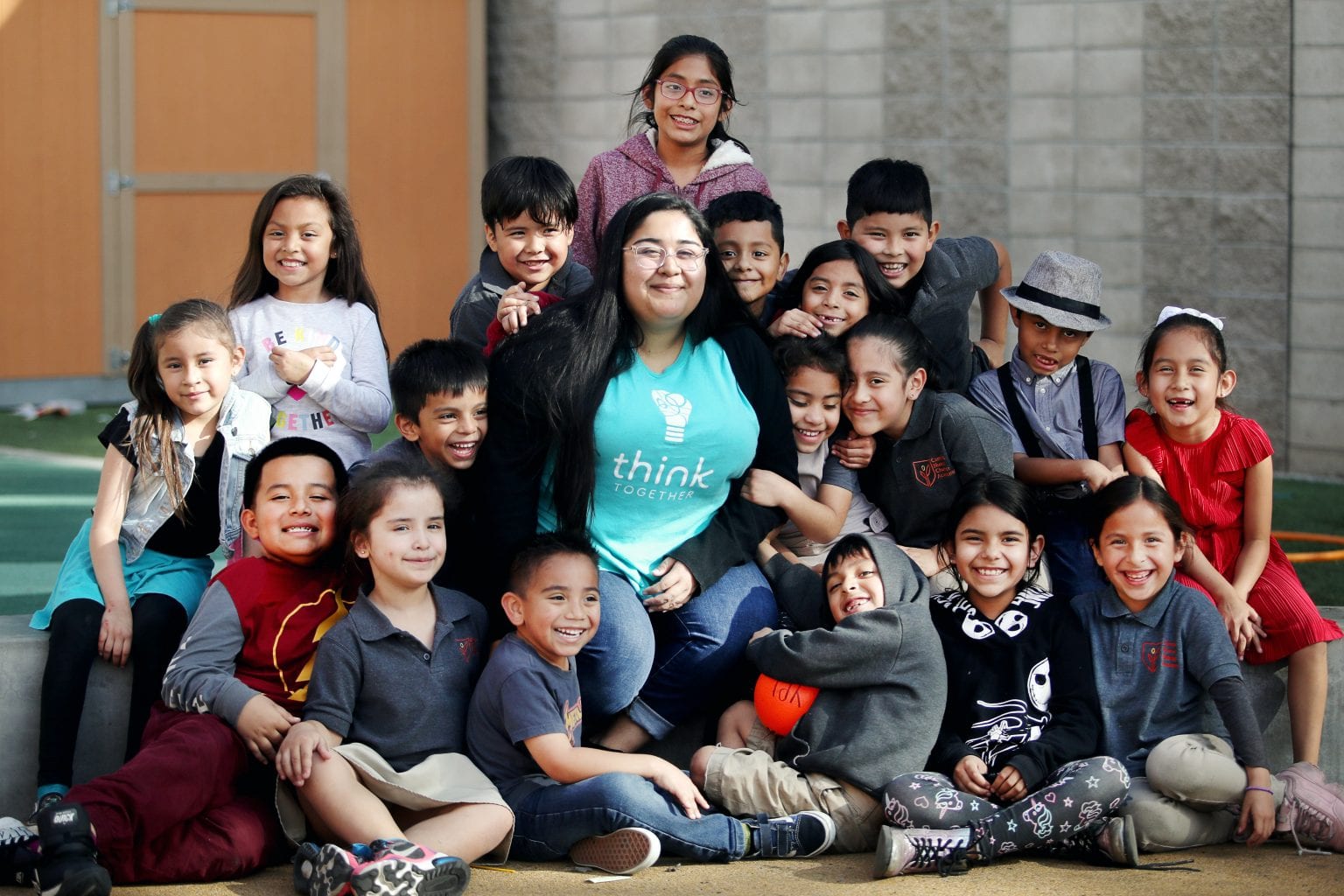

We identify how two teachers build toward and facilitate three types of disciplinary, whole-class, text-based discussions: Sensemaking, Argumentative, and Culminating Argumentative.

Using video recordings of class sessions, we conducted discourse analysis and used case study methods to examine classroom discourse over 20 days of inquiry across an academic year within the context of a larger, design-based research project. We look to exemplar teachers’ classrooms where a range of ethnically, racially, linguistically, and academically diverse students participated substantively in discussions throughout social studies inquiries to understand what those teachers do to support broad and substantive student participation in discussion, knowing that discussion promotes student learning. When discussions do happen, few students tend to participate. That’s exactly what we need right now-people who can think together to innovate on the fly in response to unexpected changes.Although calls for rich discussion and argumentation about disciplinary texts and content are frequent, research indicates that in classrooms such discussions are rare. With the open mind of a coaching-based worldview and the skills to be in respectful dialogue, they might have the shared aha experience that results in a path forward neither of them expected. They would use coaching approaches, such as asking questions, sharing stories, and offering insightful observations, to explore what might be possible. If Ray and Charise learn “in the moment” coaching skills, instead, they would get curious about each other’s perspectives. Any of these responses will damage relationships and diminish the company’s ability to respond quickly to unexpected events. The old-world approach would be to argue with each other about who is right and who is wrong, to find someone to overrule the other person, or just stop talking to each other altogether.
#Think together how to
That’s what “in the moment” coaching helps us to do when it is driven by igniting insight.įor example, let’s say that Ray from operations and Charise from procurement do not agree on how to respond to an unexpected supply change shortage. And we must learn how to do that with people who have different perspectives and agendas because most significant changes now cross into multiple areas. If we can’t rely on the past as our guide, we must learn how to learn “in the moment” from our present-day challenges. Learning How to Learn With Each OtherSince change has changed, we need to change how we respond to it. This, of course, scares people even more, making unpredictable change more frightening-and frustrating-for everyone involved because so many of our old ways of dealing with change don’t work like they used to. The usefulness of their past knowledge is expiring just as quickly as everyone else’s. If we can no longer look to the past to help us figure out what to do, where should we look? Many people look to their leaders with the expectation that they will have the right answers, but they’re in the same boat as everyone else. It’s not the normal that most people are hoping for, though. These kinds of changes-the pandemic, waves of resignations, supply chain shocks, evolving social expectations, and whatever comes next-are the new normal. It’s the kind of change that crashes into our lives, breaking up our old familiar patterns like a storm that came out of nowhere. Increasingly, we’re facing a very different kind of change-unpredictable change. There might be a few new twists or turns this time around, but there’s a good chance that you can figure things out based on your previous experiences.

If you’ve done a process improvement in your area a dozen times before, you likely feel confident that you can handle another one. When change is predictable, we can rely on past experiences to guide us. Change is happening all around us, all the time-some of it we accept while some of it scares us.


 0 kommentar(er)
0 kommentar(er)
